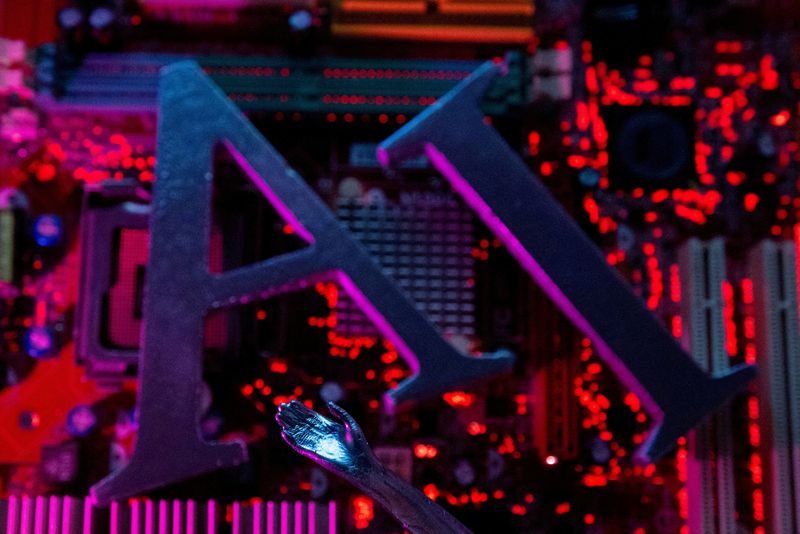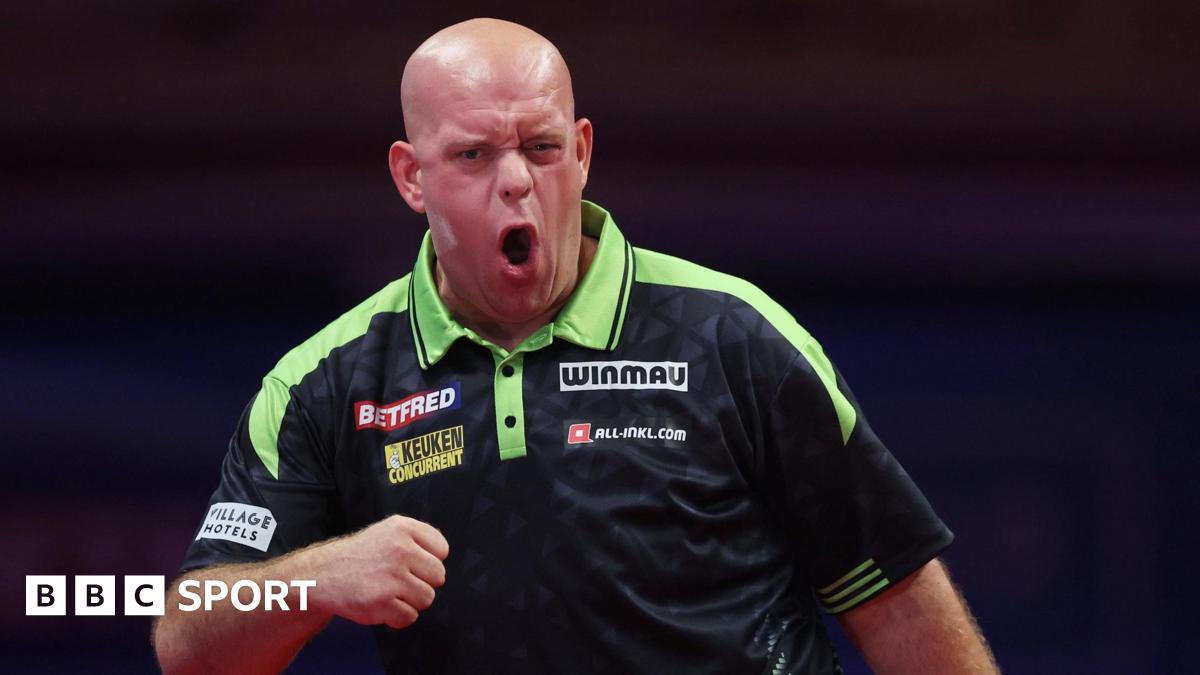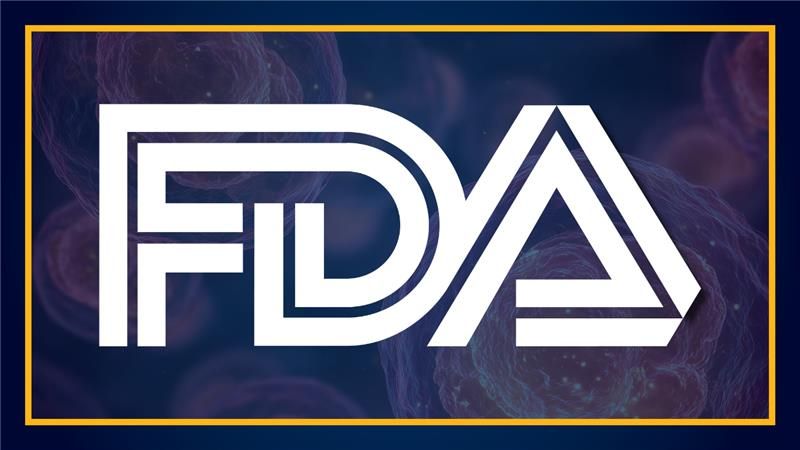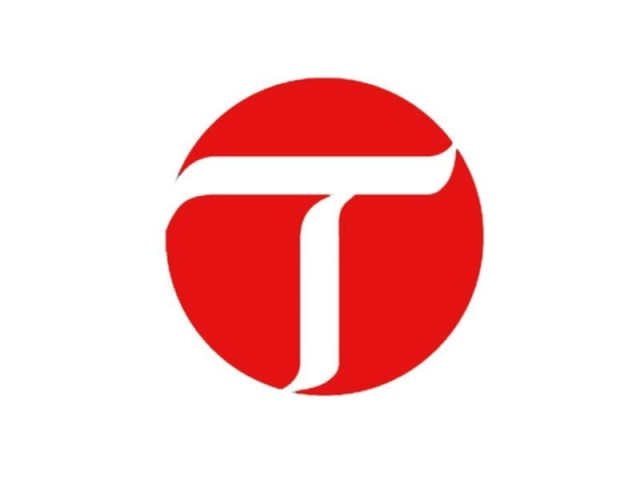The FDA has approved belantamab mafodotin-blmf (Blenrep) in combination with bortezomib (Velcade) and dexamethasone (BVd) for the treatment of adult patients with relapsed or refractory multiple myeloma who have received at least 2 prior lines of therapy, including a proteasome inhibitor (PI) and an immunomodulatory agent (IMID).1
The approval is supported by findings from the phase 3 DREAMM-7 (NCT04246047) trial. In the study, among patients who had received at least 2 prior lines of therapy, including a PI and an IMID, BVd elicited a 51% reduction in the risk of death (HR, 0.49; 95% CI, 0.32-0.76) compared with DVd. Treatment with the combination also led to a median progression-free survival (PFS) of 31.3 months (95% CI, 23.5-NR) vs 10.4 months (95% CI, 7.0-13.4) with DVd (HR, 0.31; 95% CI, 0.21-0.47). The safety and tolerability profiles of DVd and BVd were consistent with the known safety profiles of the individual agents, according to the news release.
“With the approval of [belantamab mafodotin], we now have a community-accessible BCMA-targeting agent with the potential to improve outcomes for patients following 2 or more prior lines of treatment, where options are limited,” Sagar Lonial, MD, chief medical officer and chair of the Emory Department of Hematology and Medical Oncology at the Winship Cancer Institute of Emory University in Atlanta, Georgia, stated in a news release “This approval marks an important advance in the US relapsed/refractory treatment landscape.”
This approval follows a divided recommendation from the FDA’s Oncologic Drugs Advisory Committee, which voted 5 to 3 against the risk–benefit profile of the BVd regimen.2 Safety concerns raised by the committee included the high incidence of ocular toxicity, the rates of serious and grade 3 or higher adverse effects, and the overall tolerability of BVd.
“Today’s FDA approval of [belantamab mafodotin] is another significant milestone, providing potential for superior efficacy, including overall survival, to US patients,” Tony Wood, chief scientific officer of GSK, added in the news release.1 “There is an urgent need for new and novel therapies, as nearly all patients with multiple myeloma experience relapse, and re-treating with the same mechanism of action often leads to suboptimal outcomes. As the only anti-BCMA agent that can be administered across health care settings, including in community centers where 70% of patients receive care, [belantamab mafodotin] fulfills a major patient need. We believe [belantamab mafodotin] can redefine treatment for patients with multiple myeloma in all parts of the world, and we are accelerating its development in earlier lines of therapy to support its use across all stages of this difficult-to-treat cancer.”
What was the design of the DREAMM-7 study?
In the open-label DREAMM-7 trial, patients with relapsed/refractory multiple myeloma received either BVd or daratumumab (Darzalex) plus bortezomib and dexamethasone (DVd).3 Eligible patients had received at least 1 prior therapy but had not previously received a BCMA-targeted agent and were not refractory to anti-CD38 therapy.
Grade 3 or higher adverse effects (AEs) were more frequent in the BVd arm (95%) than in the DVd arm (78%). Ocular toxicity was more common in patients receiving belantamab mafodotin, occurring at a rate of 79% vs 29% in the DVd arm, but was largely reversible with dose modifications.
“The reality for most patients with multiple myeloma is a relentless cycle of remission and relapse, as their disease becomes refractory to treatments,” Michael Andreini, president and chief executive officer of the Multiple Myeloma Research Foundation and the Multiple Myeloma Research Consortium, added in the news release. “Patients urgently need more effective treatment options that can offer more quality time with their loved ones. We see the potential for [belantamab mafodotin] in combination to help patients achieve this.”
References
- Blenrep approved by US FDA for use in treatment of relapsed/refractory multiple myeloma. News release. GSK. October 23, 2025. Accessed October 23, 2025. https://www.gsk.com/en-gb/media/press-releases/blenrep-approved-by-us-fda-for-use-in-treatment-of-relapsedrefractory-multiple-myeloma/
- July 17, 2025, Meeting of the Oncologic Drugs Advisory Committee (ODAC). FDA. Accessed July 17, 2025. https://www.youtube.com/live/CLhBI3UXWyg
- Evaluation of efficacy and safety of belantamab mafodotin, bortezomib and dexamethasone versus daratumumab, bortezomib and dexamethasone in participants with relapsed/refractory multiple myeloma (DREAMM 7). Updated October 24, 2024. Accessed October 23, 2025. https://clinicaltrials.gov/study/NCT04246047
- Hungria V, Robak P, Hus M, et al. Belantamab mafodotin, bortezomib, and dexamethasone for multiple myeloma. N Engl J Med. 2024;391(5):393-407. doi:10.1056/NEJMoa2405090
- Belantamab Mafodotin BLA 761440. FDA. July 17, 2025. Accessed July 17, 2025. https://www.fda.gov/media/187657/download







